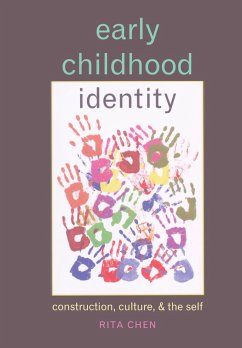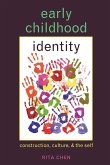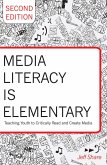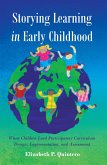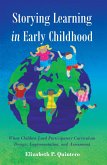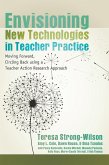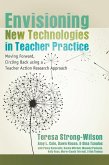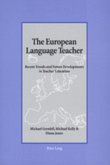Using information gathered from a combined first and second grade classroom over two years, this book explores the students' routine actions in school, including their views about different literacy activities, their favorite part of school life, peer culture in both the boys' and the girls' worlds, issues of gender power, the integration of the teacher's official discourses and the children's unofficial culture, and the kind of school life children wish to have. Focusing on children's voices and perceptions, this book provides insight that will help educators preserve an accurate view of school culture and create effective policies in education. The book's interdisciplinary approach extensively applies theories and perspectives from educational philosophy, educational anthropology, sociology, post-structuralist theories, narratives, semiotics, literacy education, cultural studies, and critical ethnography. Through these disciplines, the book provides many critical perspectives on early childhood literacy education, classroom culture, and identity construction for educators to incorporate into curriculum design and to reflect on the potential consequences resulting from instructional decisions.
Bitte wählen Sie Ihr Anliegen aus.
Rechnungen
Retourenschein anfordern
Bestellstatus
Storno

